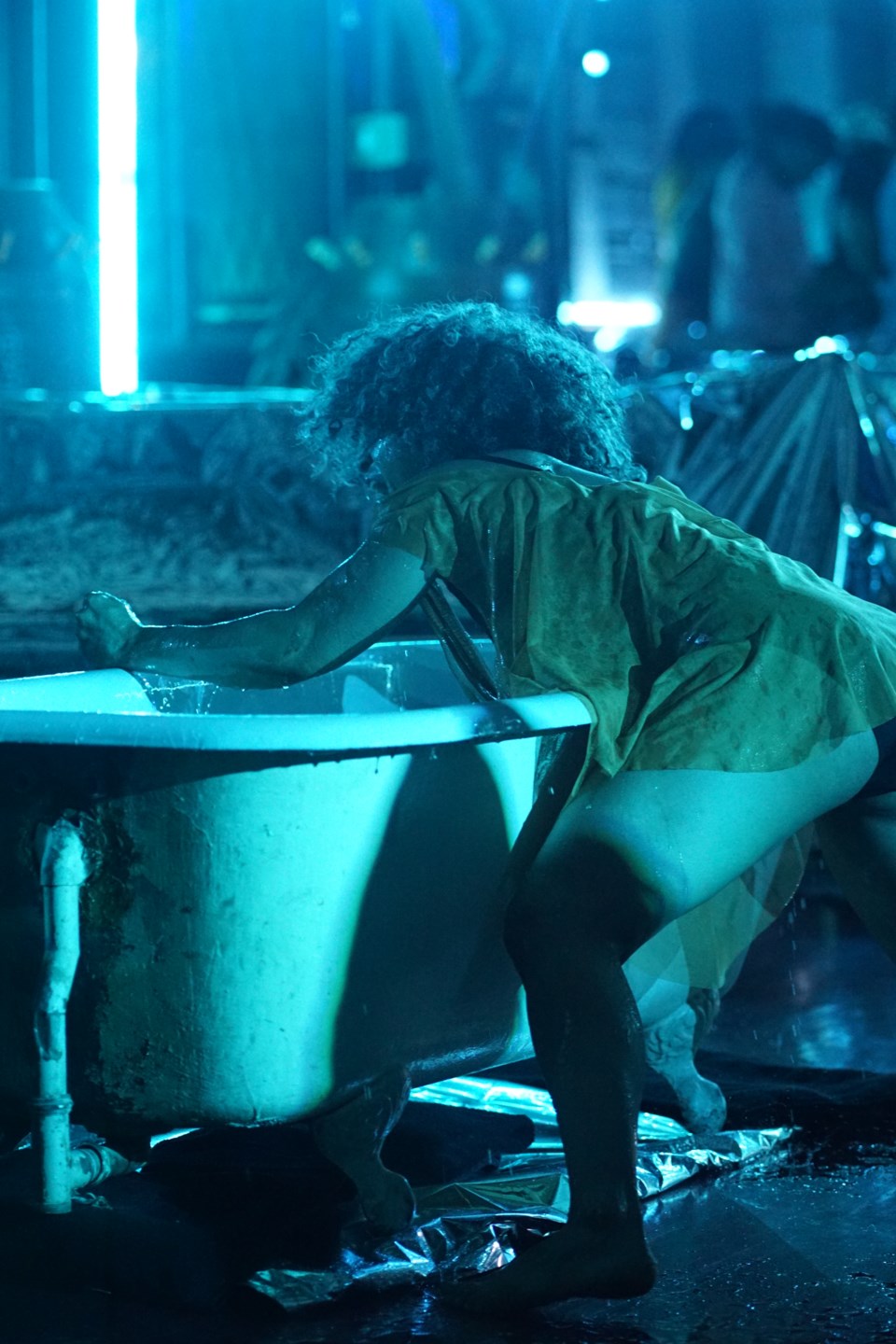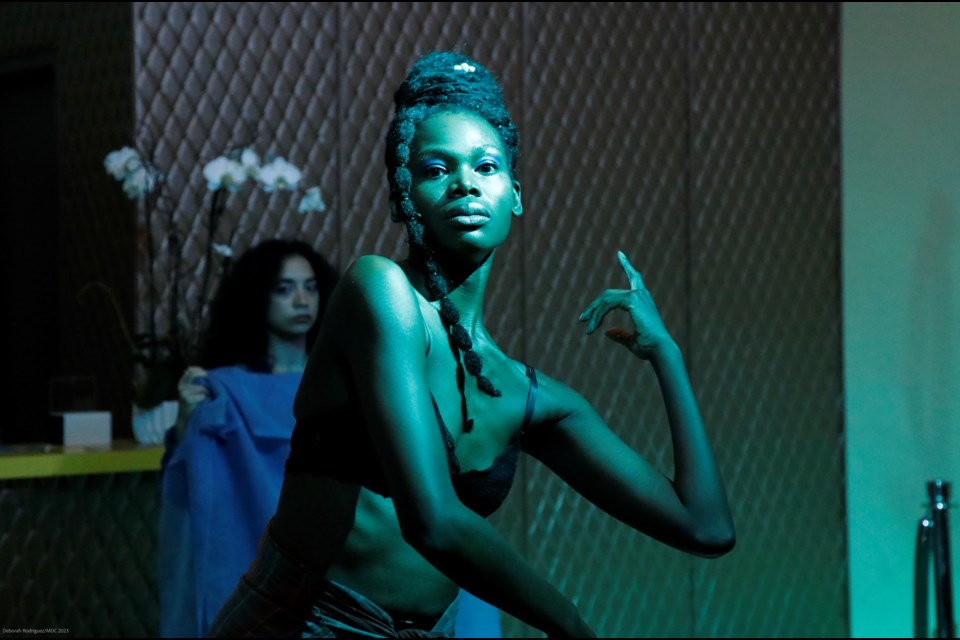Meet the women who have been dancing to the beat of their own drum for the past four decades.
Urban Bush Women, a legendary Brooklyn-based dance organization led by Black women, has made its impact on the community through dance and community engagement.
As a young person growing up during the Black arts movement during the mid-1960s and 1970s, choreographer and founder Jawole Willa Jo Zollar hoped to showcase and represent the skill and beauty of creative Black voices and philosophies on the stage.
Now, the company is celebrating its 40th anniversary with a residency themed, “This Is Risk” at Lincoln Center’s 3rd Annual Summer For The City
The week-long celebratory event spanning from July 26 to August 4 consists of participatory workshops, including a body movement class, a conversation series led by BIPOC Women+ producers and site-reflective episodic performances of their newest work, Haint Blu.
“It feels really fitting for Urban Bush Women to collaborate with Lincoln Center at this time, where they're looking at how they can have authentic and extensive reach into the community that surrounds the institution," explained Chanon Judson, the co-artistic director of Urban Bush Women. “I think that part of what I see happening with our partnership with Lincoln Center is reciprocity. I see us being in service to Lincoln Center as much as Lincoln Center is being in service to us amplifying our 40th anniversary.”
A presence for 40 years is special, but even more so for a company that is intentional about sharing the stories of Black people with honor, dignity and truth, she said.
The organization centers itself on teaching others about the nuances of the African diaspora. Haint Blu gives reference to the tradition of Gullah Geechee families in South Carolina, who painted the front porches of their home a blue color to ward off evil spirits.
The piece is site-responsive and was initially crafted to include a year-long engagement sector where dancers and other members of the creative direction team connect with the history of the land and its inhabitants.
The Lincoln Center rendition took place on Hearst Plaza and consisted of an hour-long episodic chapter where creators explored the space where Lincoln Center currently sits, which was formerly known as San Juan Hill, a primarily African-American, Afro-Caribbean and Puerto Rican neighborhood.

The neighborhood's past was documented in the piece through the expression of Black folks' connection to water and to the land they reside on, according to Judson.
During the early years, the theatrical group's organizers found themselves leaning into community to create their work. For example, organizers entered local churches, restaurants and hotels to talk to the workers there, and invite them to the shows that was ultimately created for them, Judson explained.
Since then, Urban Bush Women have continued their community engagement rituals through various sectors, including their Builders, Organizers, & Leaders through Dance (BOLD) workshops as a way to pass their values forward.
They also created the Summer Leadership Institute, a 10-day intensive that guides leaders as they build a global network of community arts supporters. In addition, the group recently collaborated with producers across the country through their Choreographic Center Initiative 2.0 to provide aid and support to the next generation of arts producers.
“Doing this work is not easy work, but it is vital work that we as artists, who speak to reflecting the times and what's happening in our communities,” said Courtney Cook, the group's associate artistic director.
“At least for the African diaspora, dance is not just for dance sake. It all has a function, and that function is building communities, connecting communities. And so, I think being able to do that for 40 years is just profound.”



.png;w=120;h=80;mode=crop)
